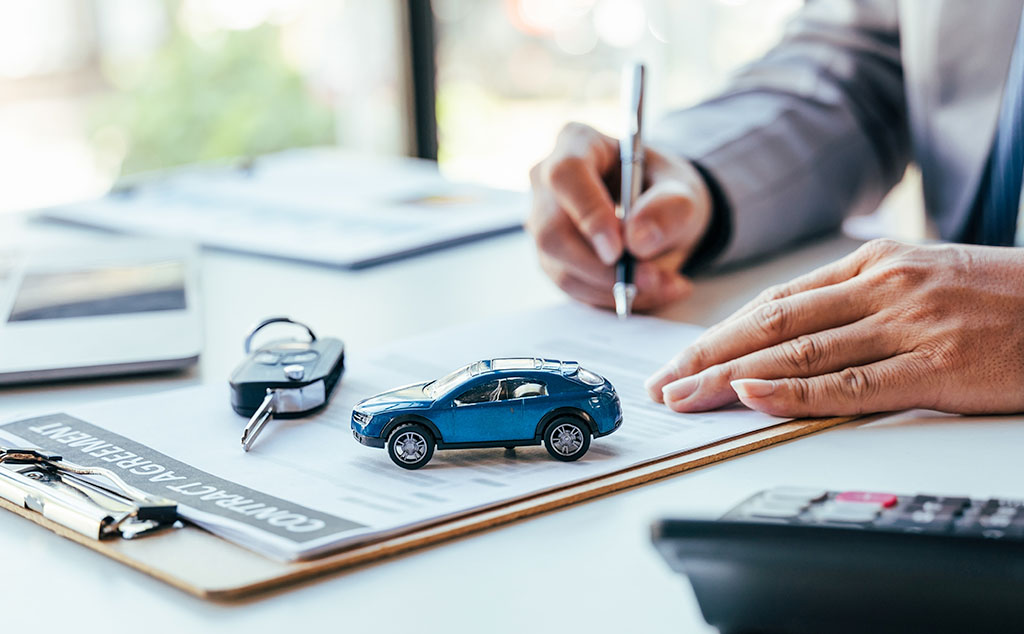
Weighing the Benefits and Values for Your Next Vehicle
The decision to lease or buy a car is a significant one, impacting your finances and lifestyle. Both options come with their unique sets of advantages and disadvantages, and understanding these can help you make an informed choice that aligns with your needs, preferences, and financial situation. In this comprehensive guide, we will explore the benefits and values of leasing versus buying a car.
Leasing a Car: Flexibility and Lower Costs
Leasing a vehicle is akin to renting it for a set period, typically two to four years. Here, you pay for the car’s depreciation during the lease term, plus interest and fees, rather than the full purchase price. Let’s delve into the benefits and drawbacks of leasing.
Advantages of Leasing:
- Lower Monthly Payments: Since you’re only paying for the car’s depreciation during the lease term, monthly payments are generally lower than loan payments for buying a car.
- Drive Newer Cars More Often: Leasing allows you to enjoy the latest models with the most up-to-date technology and safety features. At the end of the lease, you can simply return the vehicle and lease another new car.
- Warranty Coverage: Most leases last for the length of the car’s factory warranty, meaning most repairs will be covered.
- No Long-Term Commitment: Leasing provides the opportunity to drive a new car every few years without the hassle of selling or trading in a purchased vehicle.
- Tax Benefits for Business Use: If you use the leased car for business, you may be able to deduct your lease payments as a business expense.
Drawbacks of Leasing:
- Mileage Restrictions: Leases typically come with annual mileage limits, and exceeding these can result in hefty fees.
- Wear and Tear Charges: At the end of the lease, you might face charges for any damage beyond “normal wear and tear.”
- No Equity Building: Since you don’t own the car, you’re not building any equity, and you have nothing to show at the end of the lease.
- Potential for Extra Costs: Early termination of a lease can be costly, and you may also face fees at the end of the lease, such as disposition fees.
Buying a Car: Ownership and Long-Term Value
Buying a car, whether with cash or through financing, means it’s yours once the loan is paid off. Ownership comes with its own set of advantages and potential drawbacks.
Advantages of Buying:
- Ownership Equity: Once your car loan is paid off, you own the vehicle outright, and it becomes an asset that you can sell or trade in later.
- No Mileage Restrictions: Owning a car means you can drive it as much as you like without worrying about mileage penalties.
- Customization Freedom: As the owner, you can modify or customize your vehicle as you see fit.
- Potential Cost Savings Over Time: While buying a car is more expensive in the short term, it can be more economical over the long run, especially if you keep the car for several years after paying off the loan.
- No Wear and Tear Charges: Unlike leasing, you won’t face any charges for excessive wear and tear when you own the car.
Drawbacks of Buying:
- Higher Monthly Payments: Loan payments for buying a car are typically higher than lease payments because you’re financing the total purchase price of the vehicle.
- Depreciation: All cars depreciate, but the steepest decline happens in the first few years. As an owner, you bear the full brunt of this depreciation.
- Maintenance Costs: Once your car is out of warranty, you are responsible for all maintenance and repair costs.
- Less Flexibility to Change: Selling or trading in a car you own can be more of a hassle compared to simply returning a leased vehicle.
Financial Considerations: The Long-Term Picture
When deciding whether to lease or buy, consider the long-term financial implications:
- Total Costs: Consider the total cost of leasing versus buying over the time you plan to have the vehicle, including payments, maintenance, insurance, and potential fees.
- Resale Value: If you buy, think about the car’s potential resale value. Some cars hold their value better than others.
- Loan Interest Rates: If you’re considering buying with a loan, shop around for the best interest rates and terms.
- Lifestyle Factors: Aligning with Your Needs
Your lifestyle and driving habits are also crucial in this decision: - Driving Habits: If you drive a lot, especially over long distances, buying might be more cost-effective due to the lack of mileage restrictions.
- Vehicle Preference: If having the latest model with the newest features is important to you, leasing offers an easy path to upgrade every few years.
- Personal Attachment: If you tend to form an attachment to your cars and keep them well-maintained for many years, buying might be more suitable.
Leasing vs. Buying: A Case Study
To illustrate the differences, let’s consider two individuals: Emma and Jack. Emma enjoys driving the latest model and prefers not to worry about out-of-warranty repairs. She chooses to lease, appreciating the lower monthly payments and the ability to switch cars every few years.
Jack, on the other hand, drives a lot for work and prefers to keep his cars for a long time. He opts to buy, knowing that while his monthly payments are higher, he will eventually own the car outright and won’t have to worry about mileage limits.
The Future Aspect: Resale and Equity
Consider the future value of the car in both scenarios. Leasing offers no equity or resale value since you don’t own the car, whereas buying a car can offer some return on investment if you sell or trade it in later.
Making the Choice That’s Right for You
Ultimately, whether leasing or buying a car is better depends on your personal and financial circumstances. Leasing offers lower monthly payments, the chance to drive newer cars more frequently, and freedom from long-term maintenance concerns but lacks equity building and comes with restrictions. Buying a car is more expensive upfront and in terms of monthly payments but offers ownership equity, freedom from mileage limits, and long-term cost savings.
Carefully evaluate your financial situation, driving habits, and personal preferences to determine which option aligns best with your lifestyle. Both leasing and buying have their places in the automotive world, and the right choice is the one that fits your unique needs and goals.



